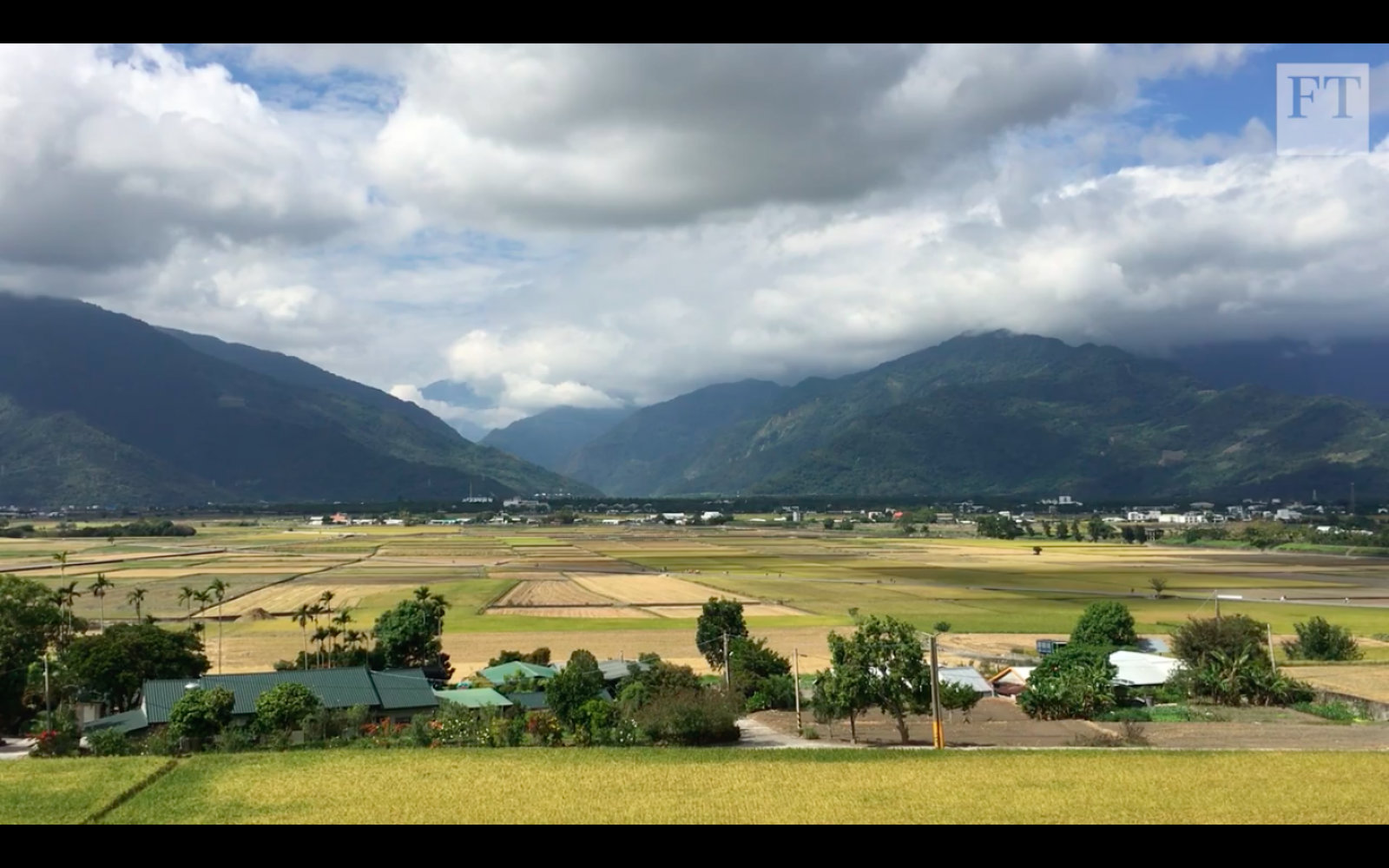Blockchain and the IoT are changing how rice is cultivated

A Taiwanese startup is using blockchain technology and the internet of things to change rice production, the FT reports. Sensors planted in the rice fields of isolated eastern Taiwan record weather patterns and chemical changes in soil, and then store that information through blockchain secure technology.
The amount of information and the transparency with which it is collected and stored is changing agricultural practices in the area. Farmers transitioning their crops to organic farming know they have data to back up their claims to consumers. But this trove of data is also a key tool for unraveling the impact of climate change on the rice crop.Though many families follow the traditional farming calendar, shifts in the climate mean the calendar does not match up with the ideal growing season. The sensors’ data will help farmers avoid weather-related risks to their harvest, which will eventually minimize the wild swings in agricultural commodity prices that follow natural disasters (watch, runtime: 3:20).
Apart from agriculture, blockchain is also making quiet gains in the world of cross-border currency transfers, the salmon-colored paper reports. JP Morgan’s Interbank Information Network (IIN) has been offering an efficient way for banks to transfer USD across borders and institutions through a system that eliminates the common two-day delays that plague problematic payments. Despite currently processing a fraction of the payments fintech startups do, IIN is growing swiftly.